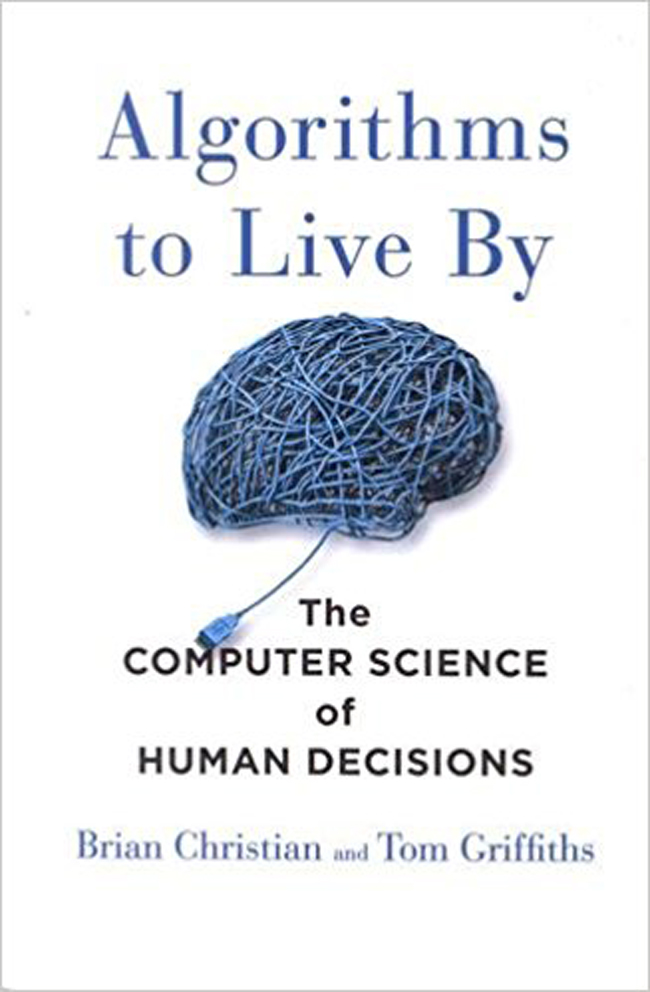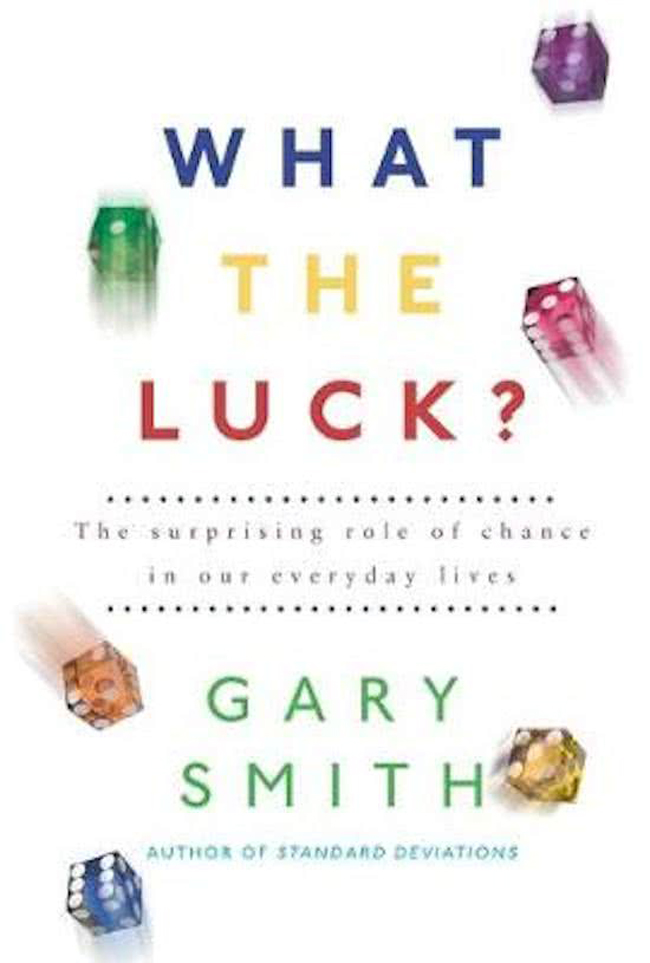Algorithms to Live By by Brian Christian & Tom Griffiths
Price: Rs 798

All our lives are constrained by limited space and time, limits that give rise to a particular set of problems. What should we do, or leave undone, in a day or a lifetime? How much messiness should we accept? What balance of new activities and familiar favorites is the most fulfilling? These may seem like uniquely human quandaries, but they are not: computers, too, face the same constraints, so computer scientists have been grappling with their version of such issues for decades. And the solutions they’ve found have much to teach us. In a dazzlingly interdisciplinary work, acclaimed author Brian Christian and cognitive scientist Tom Griffiths show how the algorithms used by computers can also untangle very human questions. They explain how to have better hunches and when to leave things to chance, how to deal with overwhelming choices and how best to connect with others.
Good Reads

The Name of the Wind by Patrick Rothfuss
Price: Rs 638

My name is Kvothe. I have stolen princesses back from sleeping barrow kings. I burned down the town of Trebon. I have spent the night with Felurian and left with both my sanity and my life. I was expelled from the University at a younger age than most people are allowed in. I tread paths by moonlight that others fear to speak of during day. I have talked to Gods, loved women, and written songs that make the minstrels weep. You may have heard of me. So begins a tale unequaled in fantasy literature—the story of a hero told in his own voice. It is a tale of sorrow, a tale of survival, a tale of one man’s search for meaning in his universe, and how that search, and the indomitable will that drove it, gave birth to a legend.
What the Luck?
By Gary Smith
Price: Rs 798

In Israel, pilot trainees who were praised for doing well subsequently performed worse, while trainees who were yelled at for doing poorly performed better. It is an empirical fact that highly intelligent women tend to marry men who are less intelligent. Students who get the highest scores in third grade generally get lower scores in fourth grade. And yet, it’s wrong to conclude that screaming is not more effective in pilot training, women choose men whose intelligence does not intimidate them, or schools are failing third graders. There’s one reason for each of these empirical facts: Statistics. Specifically, a statistical concept called regression to the mean. Regression to the mean seeks to explain the role of luck in our day-to-day lives. Here, Smith explains how a statistical understanding of luck can change the way we see just about every aspect of our lives.

































